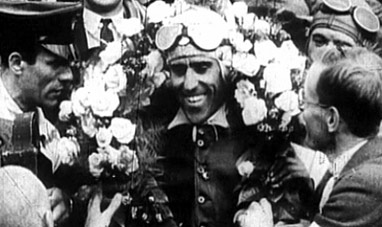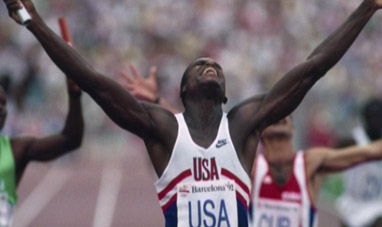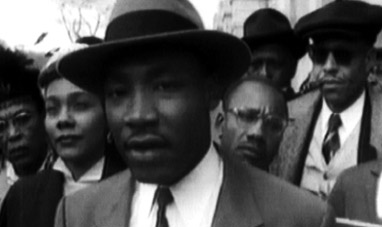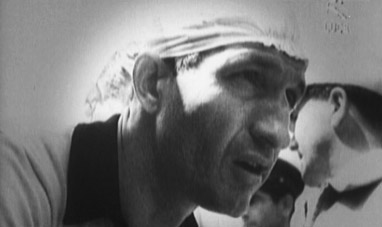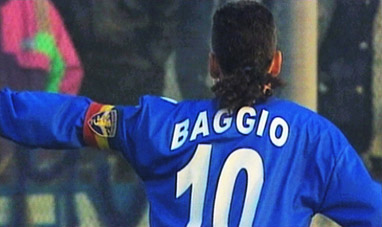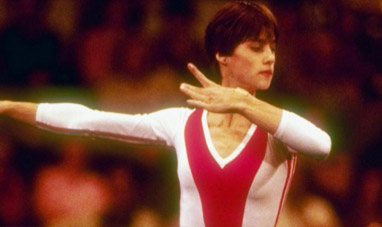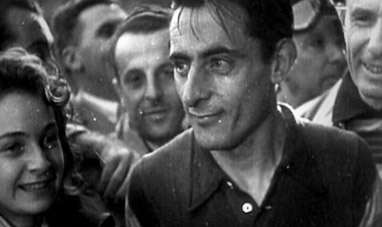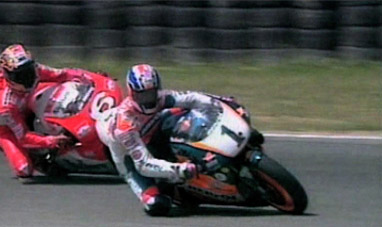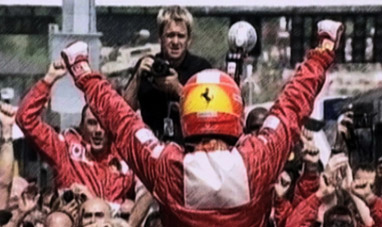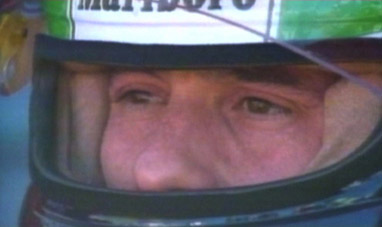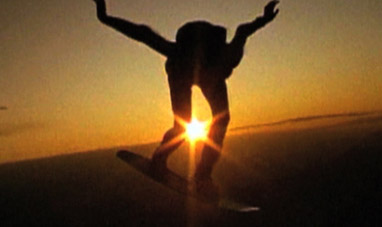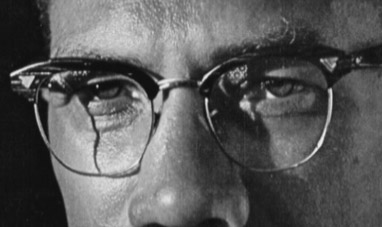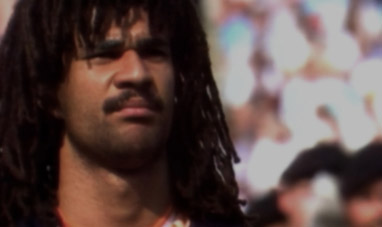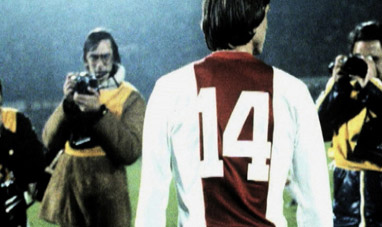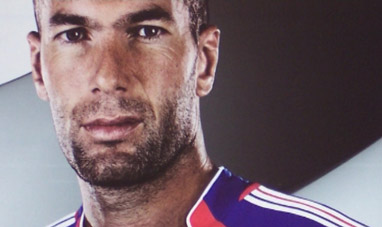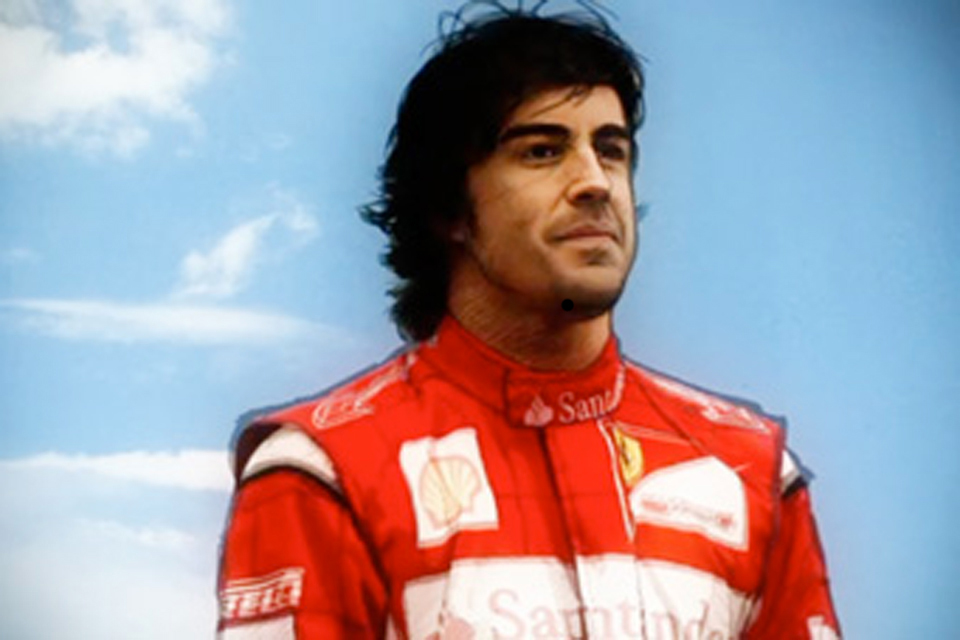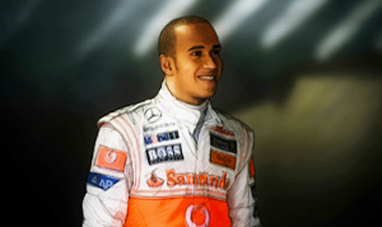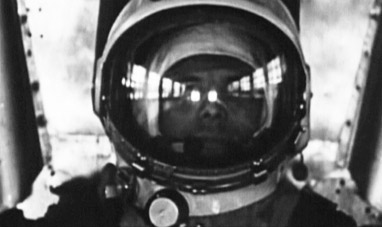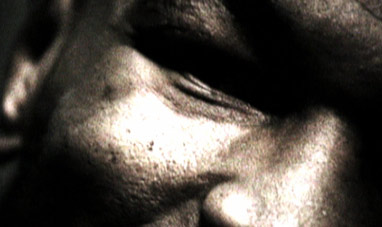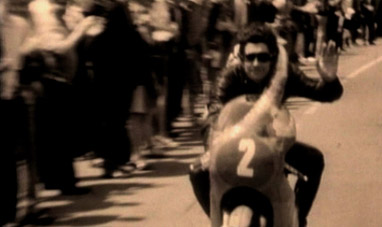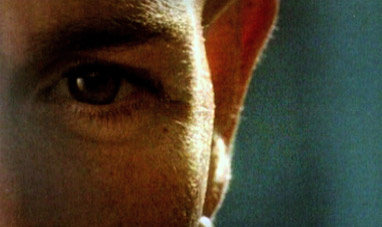Muhammad Ali was born Cassius Marcellus Clay Jr. on January 17, 1942 in Louisville, Kentucky.His first contact with boxing came at age 12. His bike was stolen and he turned to local police officer Joe Martin for help. Young Cassius wanted to track down and beat up the thief. Martin, who trained young boxers in his spare time, was struck by Clay’s spirit and he decided to take him on. Clay had an impressive amateur career. In 1960, just 18 years old, he won the light heavyweight gold medal in the Rome Summer Olympics. Back in Louisville, disgusted after a racist incident, Clay threw his medal into the Ohio River. During a title bout held in 1964, Clay floored champion Sonny Liston. He was only 22 and had just become the world heavyweight champion. Around this time, Clay's friendship with political activist Malcolm X deepened. Inspired by Malcolm X’s teachings, he joined the Nation of Islam. Clay renounced what he considered his “slave” name and became known as Muhammad Ali.
Ali believed nothing was impossible for those who believed in themselves. In the ring, he called himself “The Greatest.” He wanted to be a role model for black. Americans, arousing racial and cultural awareness. Ali’s ambitions extended well beyond the ring. He was a natural communicator who confronted racism and criticized the Vietnam War. Drafted in 1967, Ali refused to serve in Vietnam. He considered himself a conscientious objector, famously saying, "I ain't got no quarrel with them Vietcong." Ali was convicted of draft evasion and stripped of his boxing title and license. He didn't box again until 1970. On October 30, 1974, he reclaimed the heavyweight title by knocking out George Foreman in Kinshasa, Zaire in what became known as “The Rumble in the Jungle.”
Ali won the world title for a third time in 1978, beating Leon Spinks in New Orleans. In 1981, Ali retired from boxing. During his career, Ali fought 61 matches, with a record 56 wins, 36 by knockout. After retirement, the fighter became an activist for peace. In November 1990, Ali negotiated with Saddam Hussein in Baghdad for the release of 15 American hostages. Ali lit the Olympic torch at the Atlanta Games in 1996, again showing the world his strength as he coped with Parkinson’s disease. In 1998 Ali was named a United Nations Messenger for Peace. Ali’s life, both in and out of the ring, has an important place in modern American history.
Ali believed nothing was impossible for those who believed in themselves. In the ring, he called himself “The Greatest.” He wanted to be a role model for black. Americans, arousing racial and cultural awareness. Ali’s ambitions extended well beyond the ring. He was a natural communicator who confronted racism and criticized the Vietnam War. Drafted in 1967, Ali refused to serve in Vietnam. He considered himself a conscientious objector, famously saying, "I ain't got no quarrel with them Vietcong." Ali was convicted of draft evasion and stripped of his boxing title and license. He didn't box again until 1970. On October 30, 1974, he reclaimed the heavyweight title by knocking out George Foreman in Kinshasa, Zaire in what became known as “The Rumble in the Jungle.”
Ali won the world title for a third time in 1978, beating Leon Spinks in New Orleans. In 1981, Ali retired from boxing. During his career, Ali fought 61 matches, with a record 56 wins, 36 by knockout. After retirement, the fighter became an activist for peace. In November 1990, Ali negotiated with Saddam Hussein in Baghdad for the release of 15 American hostages. Ali lit the Olympic torch at the Atlanta Games in 1996, again showing the world his strength as he coped with Parkinson’s disease. In 1998 Ali was named a United Nations Messenger for Peace. Ali’s life, both in and out of the ring, has an important place in modern American history.

